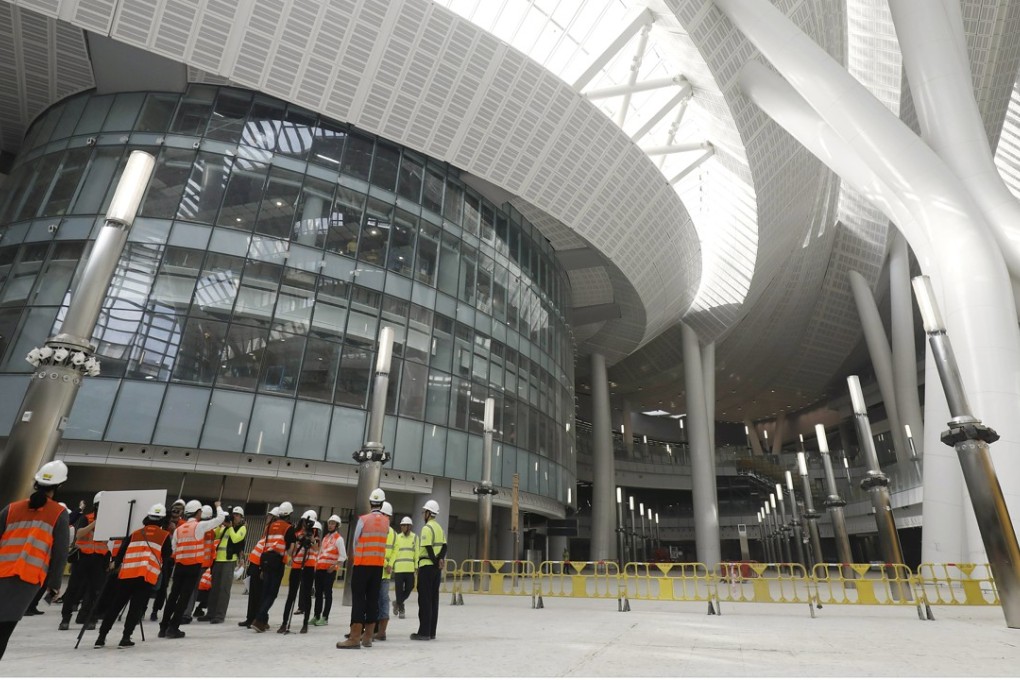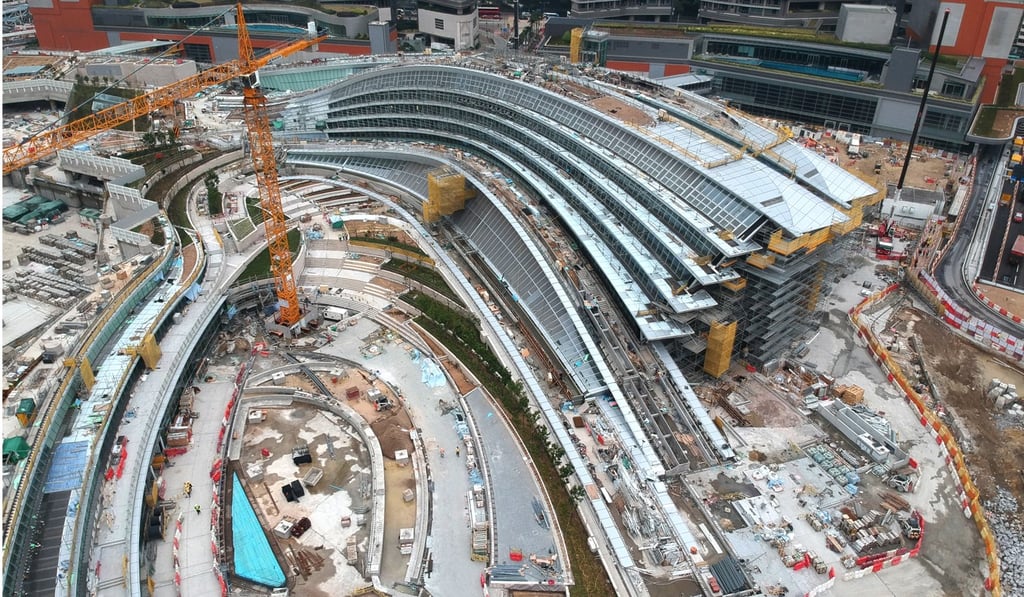Passing China joint rail checkpoint bill would breach our vows, Hong Kong lawmakers say
Fierce debate breaks out in legislature about constitutional legitimacy of stationing mainland Chinese immigration officers on Hong Kong soil, with lawmakers saying local government is asking the impossible

Hong Kong lawmakers on Tuesday said the government was asking the impossible by requesting they pass a bill to station mainland Chinese officers in the city for a rail checkpoint, because by voting for the law they would be breaching their vows to uphold the mini-constitution.
The local legislature’s pro-democracy camp sparked off a heated debate in the chamber just a day after the professional body that represents lawyers in Hong Kong came out against the bill for a second time, firing salvoes at the government’s attempts to push it through.
In a statement released on Monday, the Hong Kong Bar Association argued the bill had “no constitutional foundation” and could not be enacted “save in contravention of the Basic Law”.
“The Legislative Council has no authority to enact, and it cannot and may not pass an ordinance that contravenes the Basic Law,” it said.

A high-speed rail line linking Hong Kong to the mainland cities of Shenzhen and Guangzhou is due to open later this year. Under the bill, the West Kowloon terminal for the HK$84.4 billion (US$10.8 billion) line will house a facility for both local and mainland authorities to carry out immigration and customs procedures.